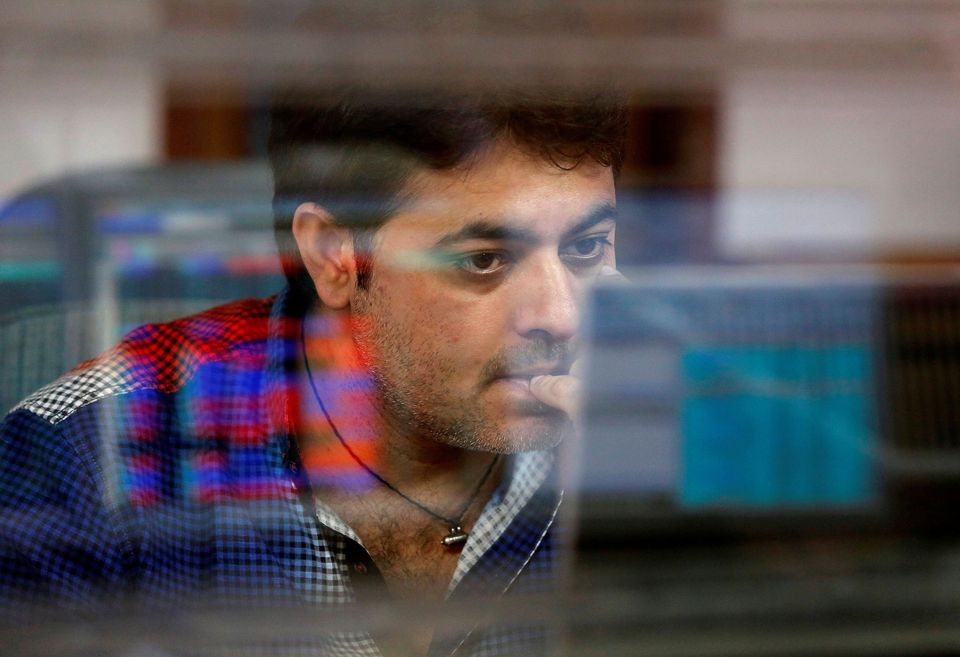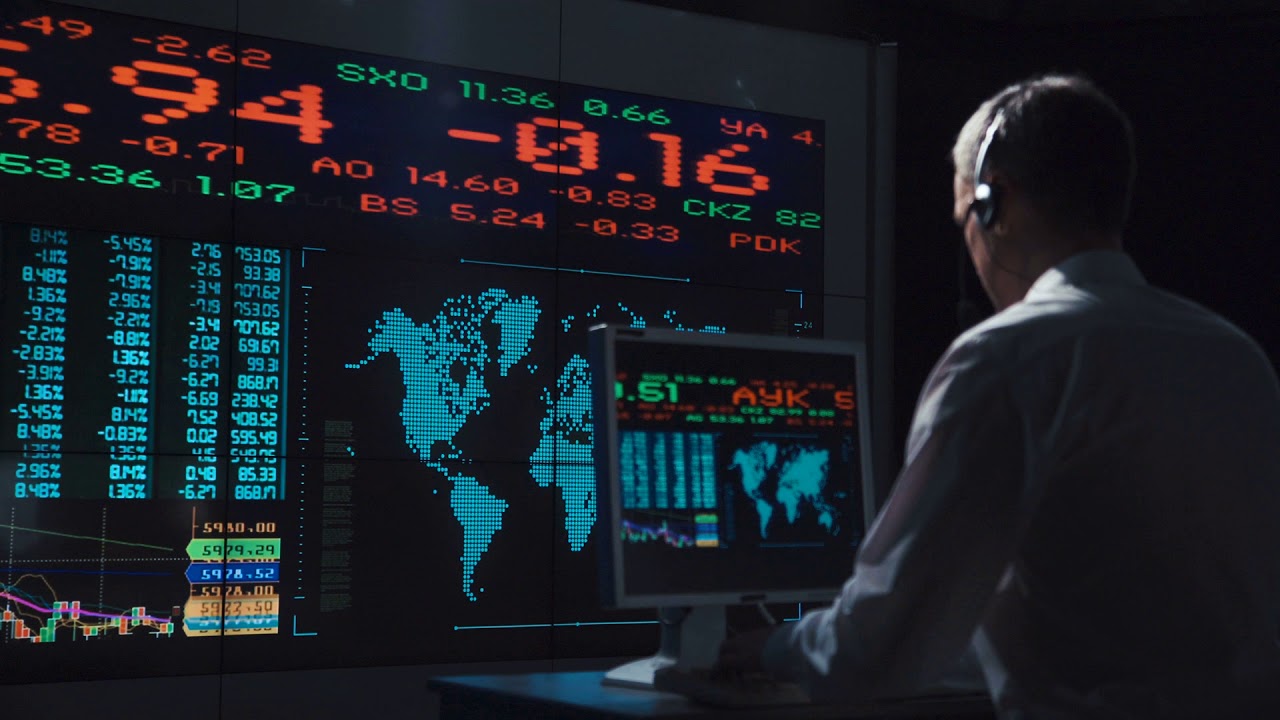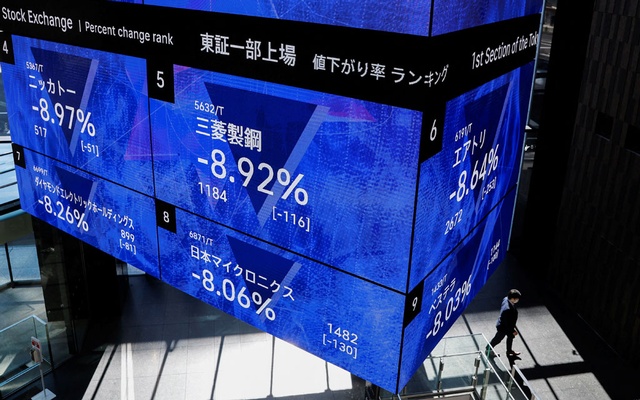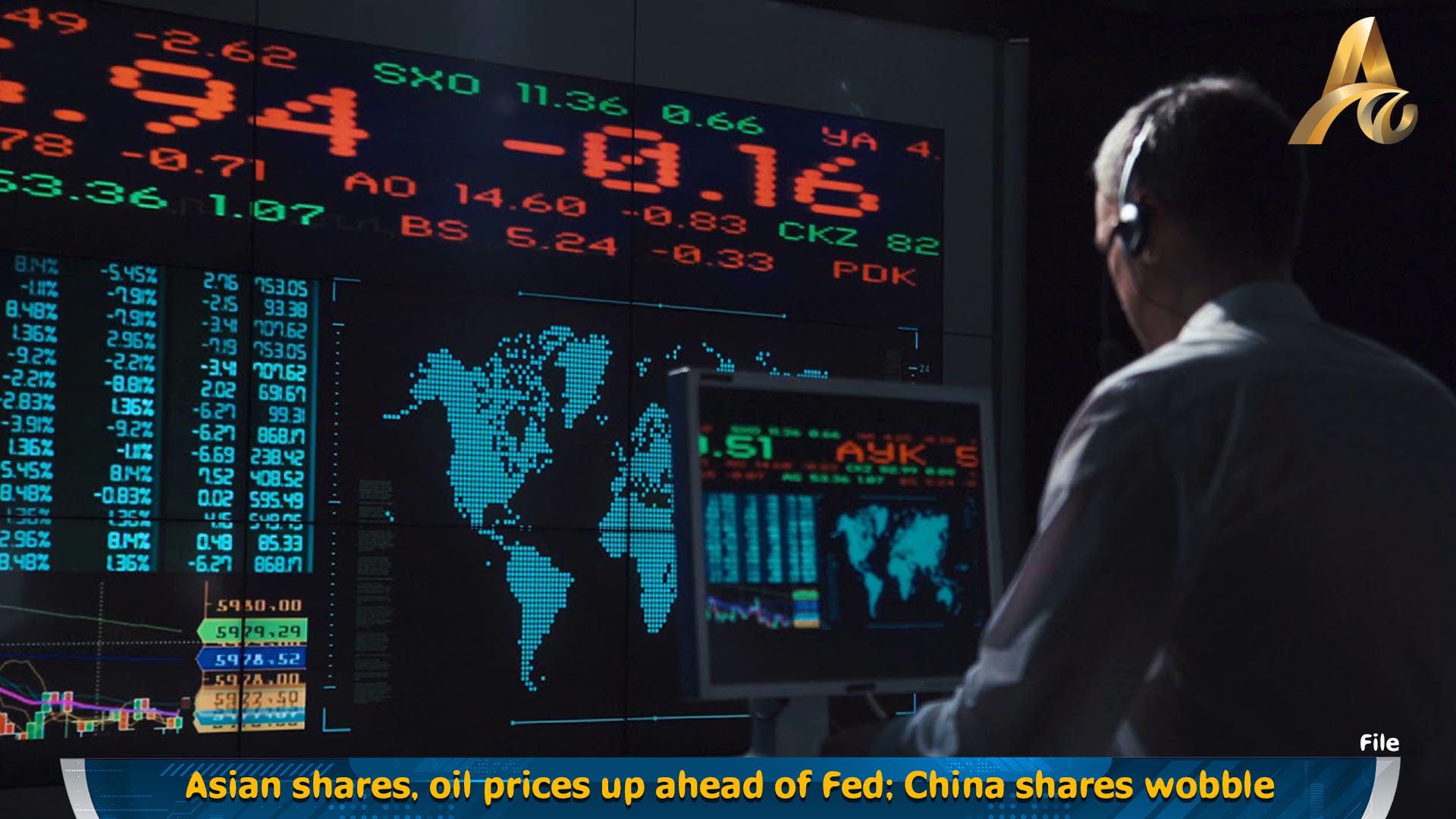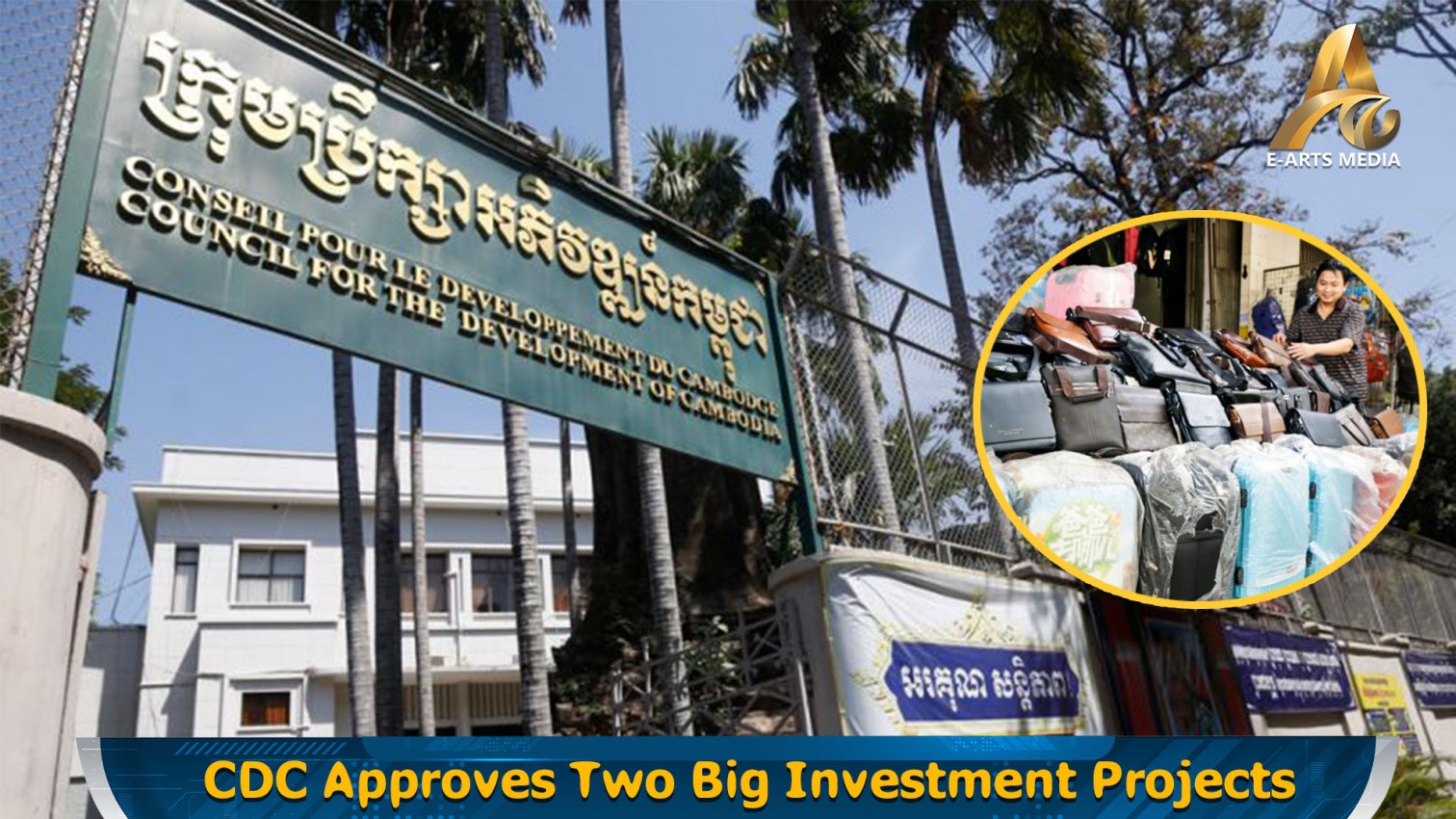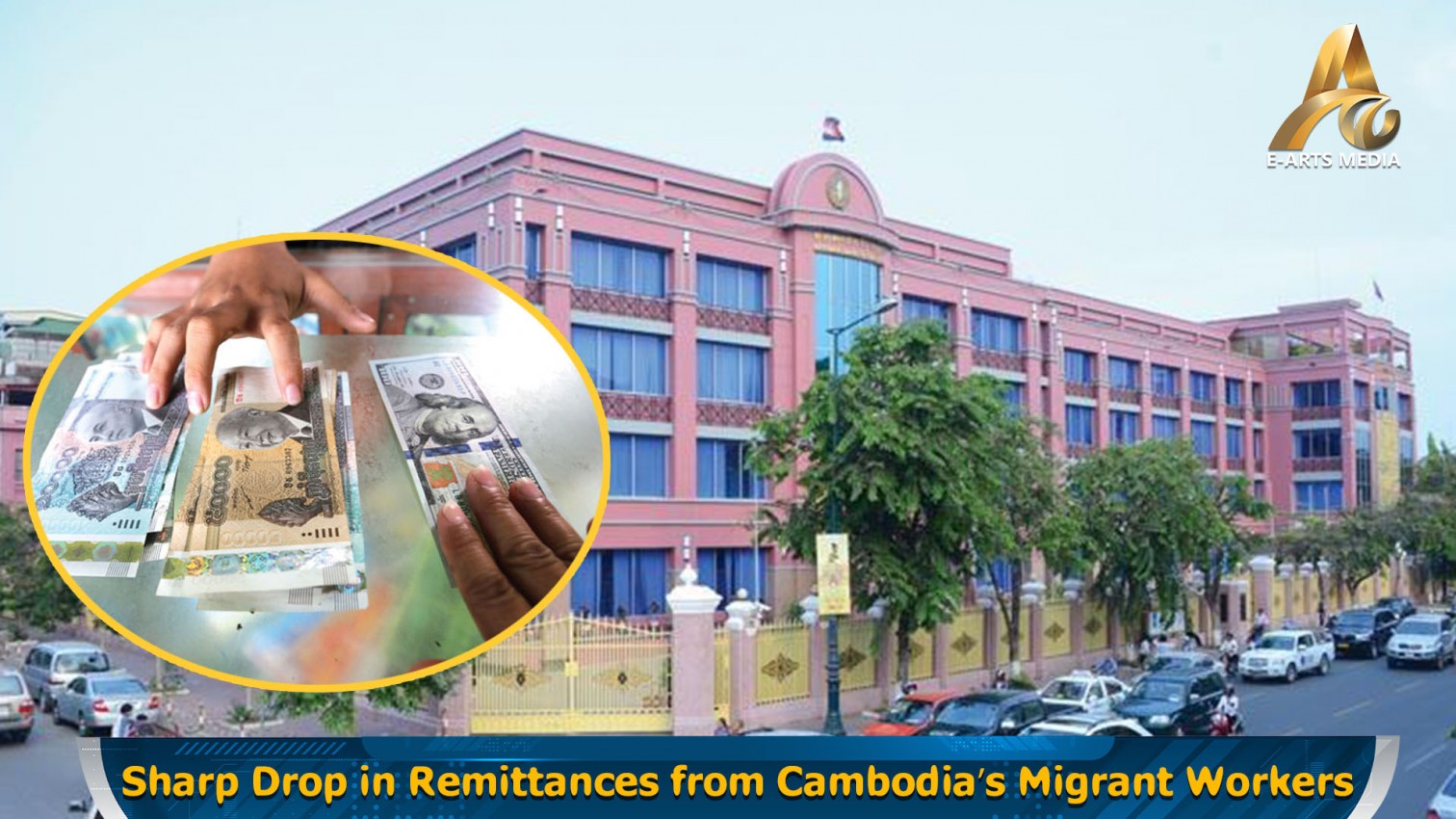INTERNATIONAL: Asian share markets rose on Wednesday, with investors' eyes on volatile oil prices, Ukraine-Russia peace talks, and the U.S. Federal Reserve, which is expected to raise rates for the first time in three years and give guidance on future tightening.
Ukrainian President Volodymyr Zelenskiy said on Wednesday that peace talks were sounding more realistic but more time was needed, even as Russian airstrikes continued and the refugee tally from Moscow's invasion reached 3 million.
The rise in Asian shares came a day after mainland and Hong Kong equity indexes had tumbled in reaction to spiking coronavirus infections in China and fading expectations for a rate cut by the People's Bank of China.
Investor sentiment remained weak, however. And the strong early rebound in China's CSI300 index (. CSI300) had evaporated by late morning on Wednesday, while Hong Kong's Hang Seng index (.HSI) also trimmed gains.
The Hang Seng was last up 1.7% after opening 3.6% higher, while the CSI300 was down 0.6% from a rise of nearly 1.9% earlier.
MSCI's broadest index of Asia-Pacific shares outside Japan (.MIAPJ0000PUS) rose 0.8%.
Australian shares (.AXJO) were up 0.9%, and Seoul's Kospi (.KS11) added 0.7%, while Japan's Nikkei stock index (.N225) rose 1.7%.
"People are concerned that (Chinese) policymakers would believe that the economy is doing much better and growth is rebounding and there's no need for further policy easing measures," said Ting Lu, chief China economist at Nomura.
"I think a small rate cut is not a big deal anyway, but people are concerned about for example zero-COVID strategy, people are concerned about the property market and ... other policies."
China has seen increasing positive changes in its economic performance backed up by surprisingly good economic data, but the impact of the latest COVID-19 resurgence needs to be watched, China's statistics bureau spokesman said on Tuesday.
On Wednesday, Chinese health authorities reported a slight drop in new cases compared to a day earlier, although major Chinese cities continue to grapple with controlling the spread of the virus. read more
The gains in Asia followed a relief rally overnight on Wall Street driven by hopes of a resolution in Ukraine. The S&P 500 (.SPX) gained 2.14%, the Nasdaq Composite (.IXIC) jumped 2.92% and the Dow Jones Industrial Average (.DJI) rose 1.82%.
EYES ON FED
Analysts at ING said in a note that market moves in Asia would be "cautious" ahead of the Fed meeting later in the global day.
Investors are expecting the U.S. central bank to raise interest rates by at least 25 basis points amid surging prices. Traders will also be closely watching the Fed for details on how it plans to end its bond-buying program.
U.S. bond yields fell in Asian trade, with the benchmark 10-year note yield at 2.1384%, after earlier rising to 2.169%, the highest since June 2019.
The two-year yield was last at 1.8408% from a close of 1.857%.
The U.S. dollar was down slightly against a basket of peers, trading at 98.892, and lower against the yen at 118.22 albeit still near a five-year high. The euro edged up 0.12% to $1.0964.
Oil prices, which had traded lower early in the session, turned higher, with Russia's invasion of Ukraine continuing to stoke volatile trade.
Global benchmark Brent crude rose 1.26% to $101.17 per barrel, and U.S. crude added 0.93% to $97.34 per barrel.
Highlighting the impact of global disruptions and soaring oil costs, Japan reported a wider-than-expected trade deficit in February as an energy-driven surge in import costs caused by massive supply constraints added to vulnerabilities for the world's third-largest economy.
The spot gold price rose 0.11% to $1,919.99 per ounce.
